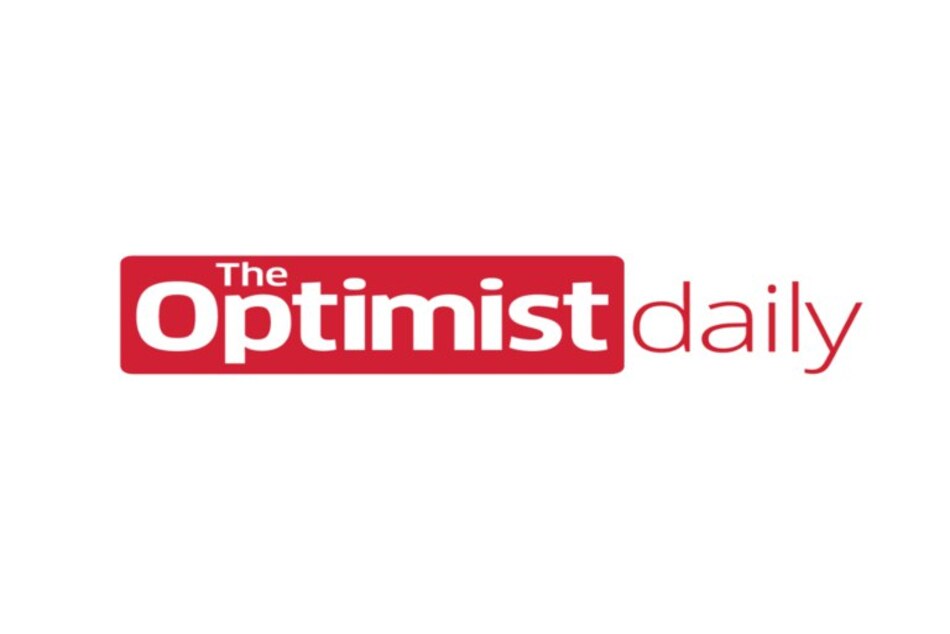Technological advancements of recent years decades made information more accessible, have supported a lot of economic growth and global development, and have made it easier to make and maintain connections… for some.
However, there are communities that are left behind by such rapid-fire advancements, and the disparity between those who get pulled forward and those who are left behind becomes more and more pronounced. Home assist systems like Siri, Alexa, and Google Assistant illustrate this in their inability to understand any of Africa’s thousands of native languages—not a single one.
This exclusion represents how an entire continent can be cut off from one of the fastest-growing digital technologies out there. While this is likely because African consumers represent a relatively minor percentage of the voice assistant market, there’s no reason that their language can’t be integrated into voice assistant programs. Plus, perhaps more consumers in Africa would be inclined to invest in a voice assistant program if they can comfortably use their own language to interact with it. According to Chennai Chair, special advisor for Africa innovation at the Mozilla Foundation, it would be ideal “to have voice data that can be used by anyone.”
Normally, only a few large corporations have access to large reams of voice data, which makes it difficult for smaller developers, researchers, and startups to get an in on voice recognition technology. However, in 2017, Mozilla, the non-profit tech company that created the Firefox internet browser, launched an open-source initiative called Common Voice.
Common Voice was established with the goal of democratizing voice data. It makes it easy to donate your language, accent, intonations, and speech patterns to a database that is open to the public. To donate, simply go to Common Voice’s homepage and select either “speak” or “listen.” If you choose “speak,” then you’re given a sentence to read aloud which you can listen to and then submit. The “listen” option lets you confirm the accuracy of voices that have already been donated. The user interface is easy to use and requires minimal technical ability. There’s no need to register or identify yourself either.
Kinyarwanda was the first native African language added to the Common Voice platform. Mozilla and the German development agency GIZ co-hosted an ideation hackathon in Kigali in February 2019, with the goal of encouraging native Kinyarwanda speakers to donate their voices.
The winning concept centered on “Digital Umuganda.” Umuganda is a unique national holiday that takes place in Rwanda on the last Saturday of every month. To celebrate, people across the country gather in their communities and work together to build physical infrastructure like schools, roads, and health care facilities. Mozilla and GIZ took the idea behind Umuganda and adapted it to build digital infrastructure—like voice data—every month at universities, tech hubs, and community spaces.
Digital Umuganda has since been a success. It has collected 1,700 hours of Kinyarwanda voices that have been donated by over 840 participants, making it one of the fastest-growing languages on the Common Voice platform.
As of now, the platform includes 90 different languages including two other Indigenous African languages: Luganda, spoken in Uganda, and Kabyle, a Berber language spoken in Algeria.











